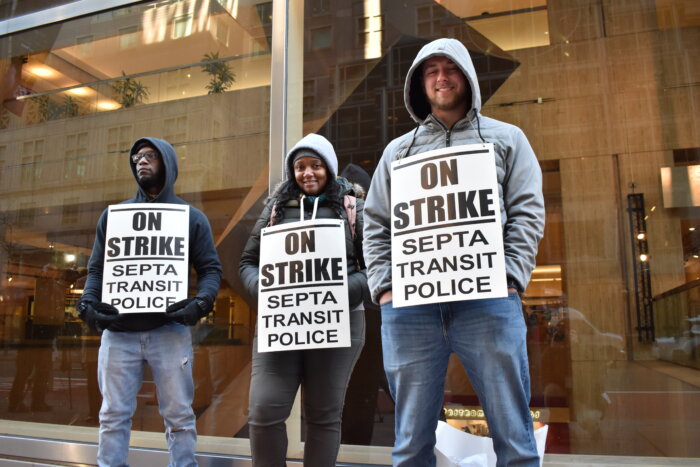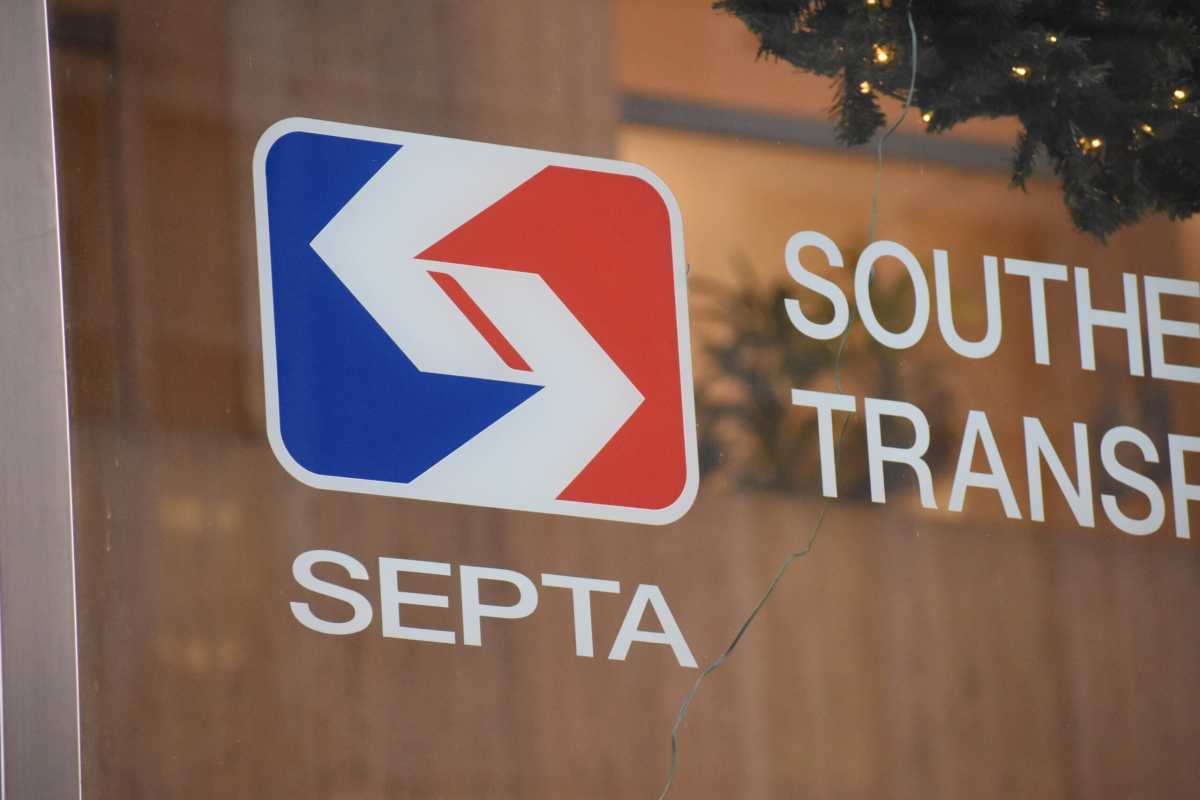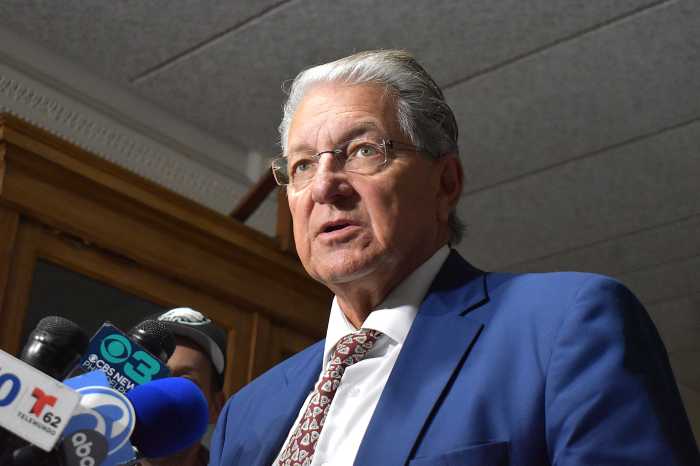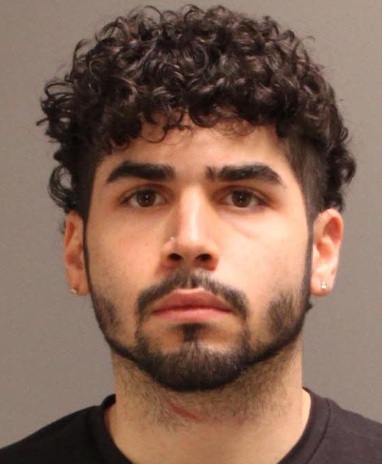Transit officers left the picket line Saturday and returned to their patrol duties, after Gov. Josh Shapiro intervened to help SEPTA and the police union reach a tentative agreement to end a three-day strike.
About 180 officers walked off the job late Wednesday after voting to reject a contract proposal that was not endorsed by leaders of Fraternal Order of Transit Police Lodge 109.
A tense meeting followed Thursday, and negotiations continued Friday, with no firm proposals, officials on both sides said. Then, Shapiro personally spoke to SEPTA and FOTP in an attempt to broker a deal.
“I know these people. They have never moved without political pressure,” FOTP Vice President Troy Parham said. “When you get a call from the governor, it’s kind of hard to say no. It was impossible for us to say no for what he did. He got us the deal that we personally asked him for.”
Once the agreement was announced, officers could voluntarily come in for their shifts Saturday afternoon, with normal patrols and staffing resuming at 11 p.m. that day.
During the walkout, SEPTA redeployed transit police supervisors, who are not part of the union, to patrol duties and leaned on the Philadelphia Police Department and other law enforcement agencies. The strike did not impact bus, subway, trolley or Regional Rail schedules.

FOTP members must ratify the tentative three-year contract, with a vote likely being held this week, Parham told Metro on Sunday. SEPTA, meanwhile, is hoping to have its board vote to approve the proposal at a meeting Thursday.
“This tentative agreement is fair to our hard-working police officers and financially responsible for SEPTA,” Board Chairman Pasquale T. Deon Sr. said Saturday in a statement.
The main sticking point was the timing of the raises included in the collective bargaining agreement. FOTP argued that SEPTA’s proposal stretched out the increases over a longer period of time, compared to the deal the authority reached in October with Transport Workers Local 234.
Parham said FOTP was happy with the salary boosts included in the tentative agreement, along with provisions around workers’ compensation and the seniority of officers hired from other departments.
“We got wins in this deal,” he added. “It’s not a bad deal at all. It’s a better deal than we walked out on, and that’s why this is a huge win for us.”
SEPTA uses the TWU contract as a template for labor negotiations with other unions. TWU is by far the authority’s largest union, representing about 5,000 operators, mechanics and other employees.
“We’re comfortable with it financially,” SEPTA spokesperson Andrew Busch said of the FOTP deal. “We do think it’s still consistent with what we’ve given our other unions.”



























